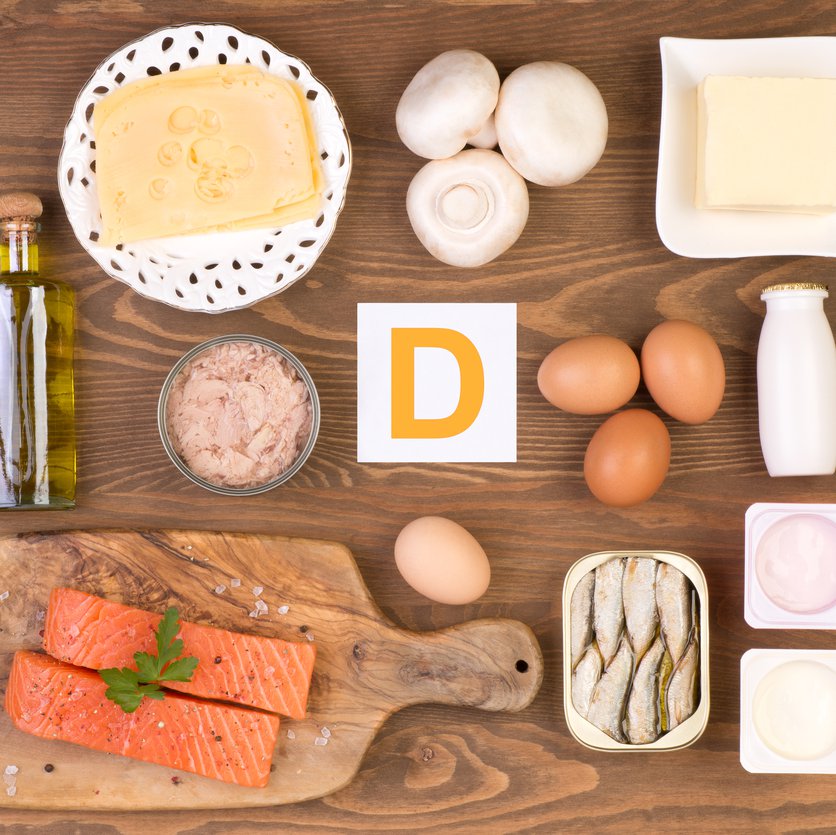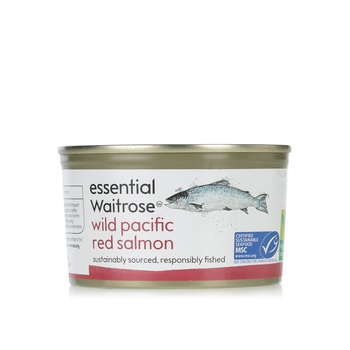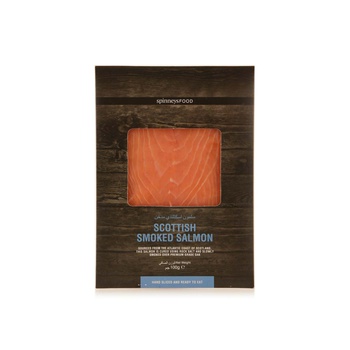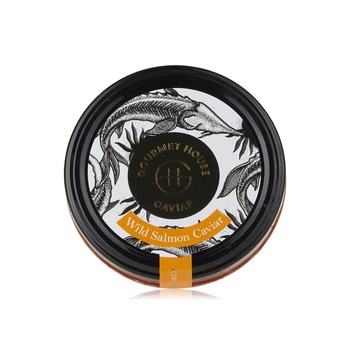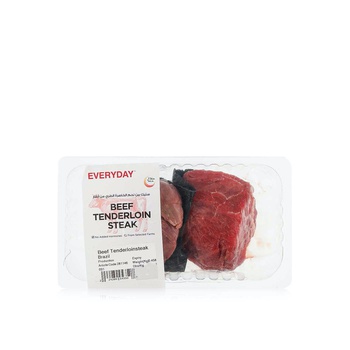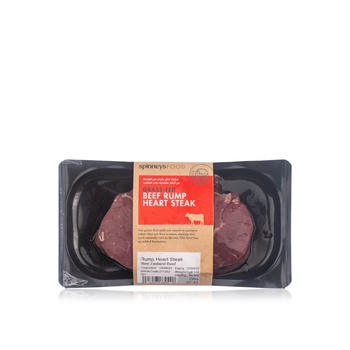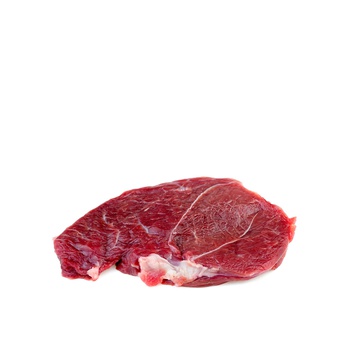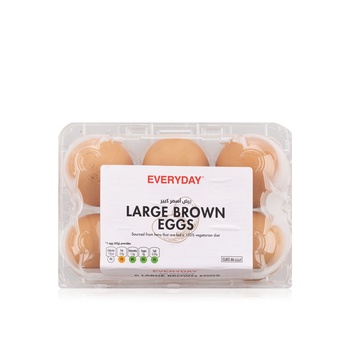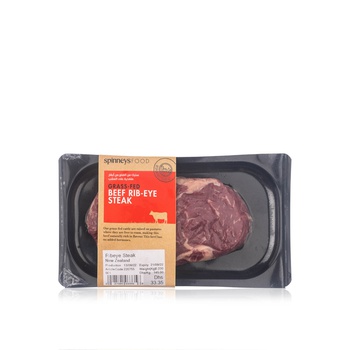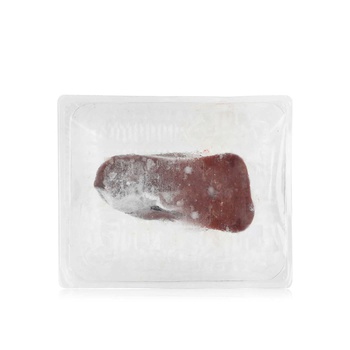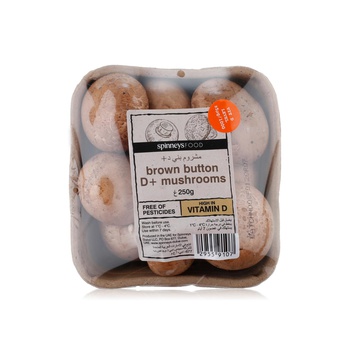You’d think living in the UAE would result in us getting plenty of sunshine every day. But the high temperatures in the region that send us scuttling indoors when summer arrives could actually leave many of us unable to synthesise enough vitamin D.
A fat-soluble vitamin, vitamin D is the only nutrient produced by the human body, and its production is triggered by the body’s exposure to sunlight. It is essential for managing bone health and regulating the immune system. In 2017, however, the results of a two-year study conducted by Dubai Health Authority revealed that a staggering 90 per cent of the UAE’s population was deficient in vitamin D.
Why is it important?
Vitamin D aids in the absorption of calcium in the intestines. People who have a vitamin D deficiency find it difficult to obtain sufficient levels of calcium from their diet.
“Severely low levels of vitamin D can lead to softening of the bones, and a greater risk of bones fracturing easily,” says Dr Amer Iqbal, a consultant in family medicine at Mediclinic Al Sufouh in Dubai.
“It’s known as the ‘sunshine vitamin’ because up to 90 per cent of our vitamin D comes from direct sun exposure” - Dr Amer Iqbal
How can we make sure we get enough vitamin D?
Exposing your skin to the sun’s ultraviolet rays for 15-20 minutes a day should be enough to trigger the production of vitamin D. “Vitamin D is known as the ‘sunshine vitamin’ because up to 90 per cent of our vitamin D comes from direct sun exposure," explains Dr Iqbal. "Only 10 per cent of vitamin D is typically absorbed through our diets."
However, factors such as the UAE’s intense summer heat and concerns about developing skin cancer can deter people from spending time outdoors. The body’s ability to produce vitamin D is also lowered by ageing, the use of sunscreen and a higher concentration of melanin in the skin.
Another, unexpected way of upping our vitamin D is by picking up a pack of mushrooms. SpinneysFOOD collaborate with Dubai mushroom supplier Kinoko Farms who have been enriching their premium mushrooms with vitamin D since late 2019. A family business, Kinoko Farms produce more than 3,000kg of white, brown, button and portobello mushrooms per day and are able to boost their vitamin D content by exposing them to certain spectres of light.
Tackling deficiency
The easiest and most affordable way to avoid vitamin D deficiency is to get more sun, but it’s important to do so safely. A few precautions go a long way. “Try to get into a routine of regular, short bursts of sun exposure, of about 15 minutes,” says Dr Iqbal.
“The ideal time to soak up the sun’s rays varies depending on the season,” he adds. “During summer, you should expose yourself to sunlight between 8am and 9am or 4.30pm and 5.30pm. In the winter, there is a longer early morning window – between 9.30am and noon.”
He continues: “Depending on the severity of the deficiency, you may need to take vitamin D tablets or injections, [and] a full course can take several months.”
